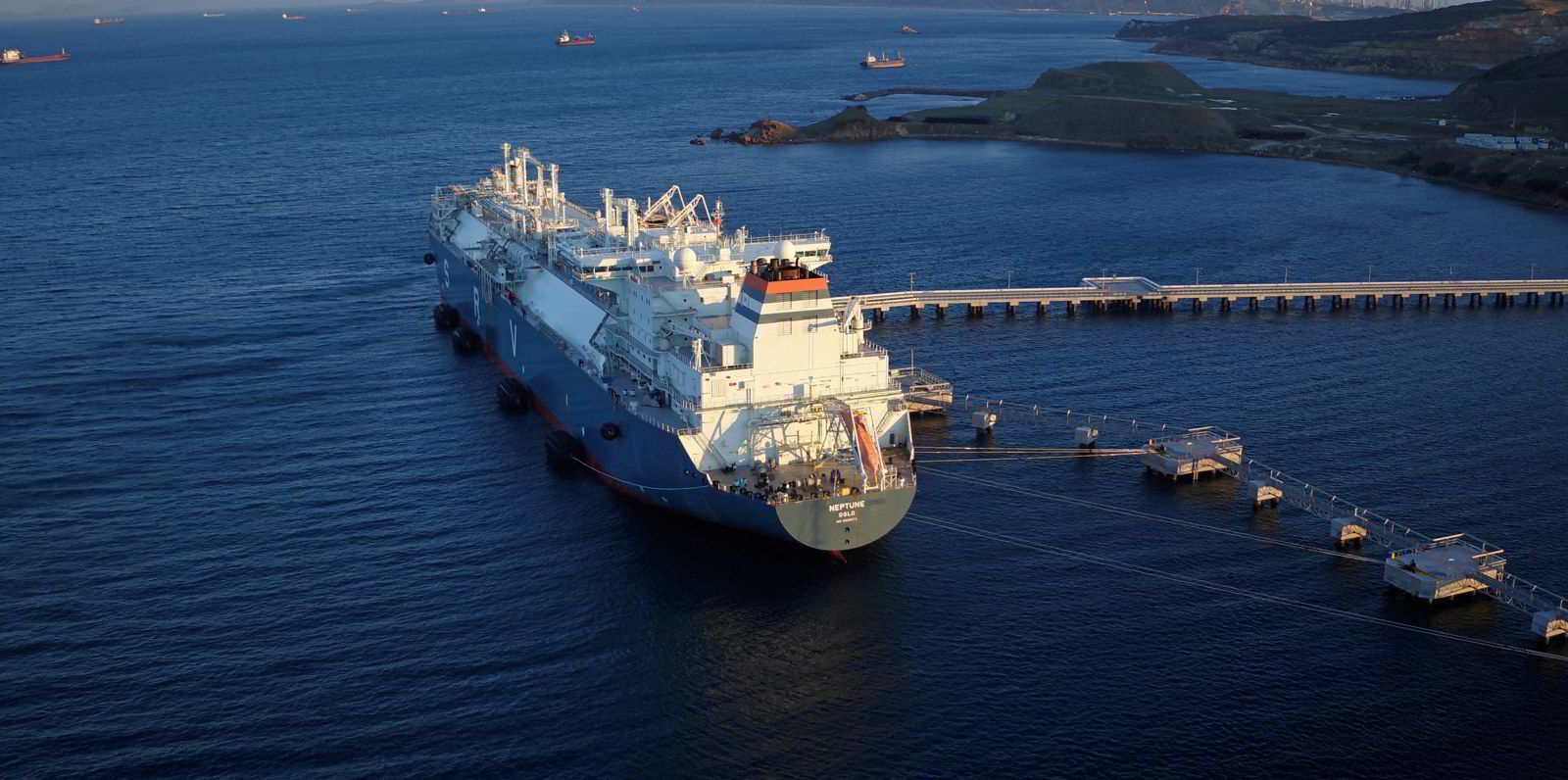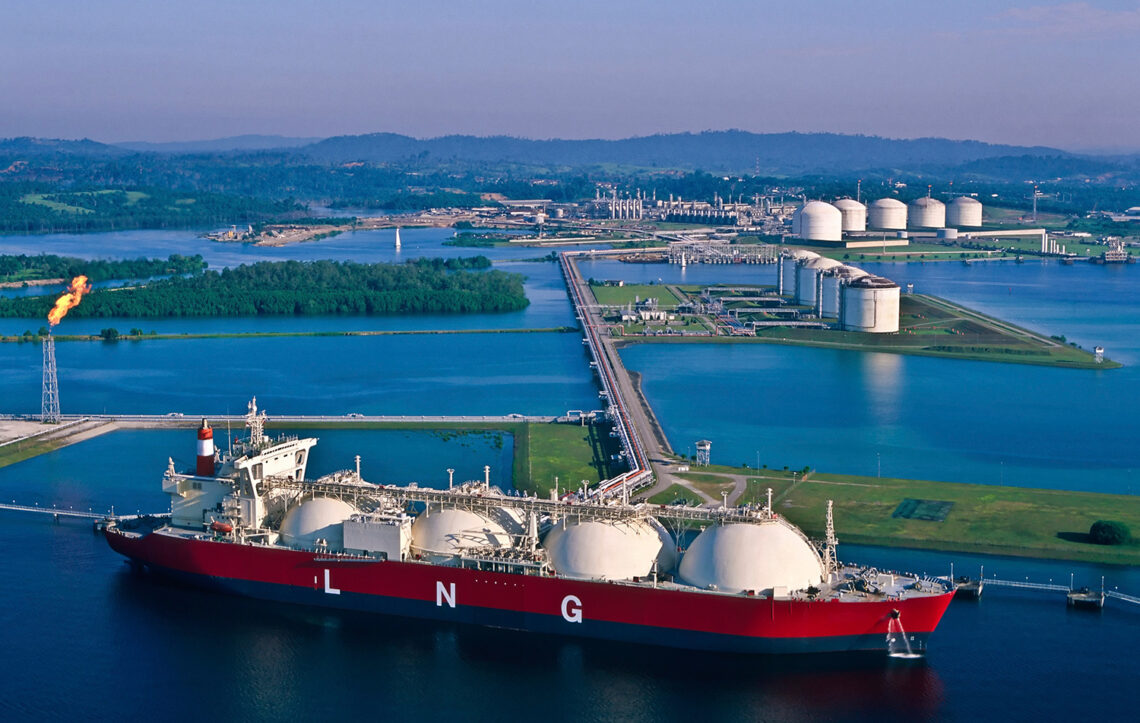LNG terminals as an option to reduce dependence on conventional gas
At the end of 2022, LNG terminals began arriving at German ports, which will make it possible to abandon the traditional gas of the sanctioned exporter in favor of liquefied gas. The program provides for a total of six floating terminals to compensate for the termination of supplies via the Nord Stream pipeline. The first of the complexes, Neptune, arrived in the port of Mukran in November 2022, and the others followed in different regions of the country. Liquefied gas supply is carried out within the framework of the state initiative and as private projects. As part of the reorientation, the ports are being equipped with new berths adapted to the terminals.
The geopolitical conflict led to global changes in the energy market and forced European importers to look for new suppliers of raw materials. This problem was particularly acute for Germany, which was heavily dependent on the sub-sanctioned producer of gas and oil. One way out for the German government was to lease LNG terminals from other countries. For example, the 280-meter Neptune facility belongs to the French company TotalEnergies and was leased by Deutsche ReGas. This facility is a vessel where the liquefied gas regasification process takes place. The final destination of this terminal is the port of Lubmin, from where it will leave after service work in Mukran. In turn, the feedstock produced at the terminal will be transported to various regions of the country via three pipelines. It is planned that within a year there will be three such facilities at the port, which will enable the supply of gas in large quantities.
For example, the 280-meter Neptune facility belongs to the French company TotalEnergies and was leased by Deutsche ReGas. This facility is a vessel where the liquefied gas regasification process takes place. The final destination of this terminal is the port of Lubmin, from where it will leave after service work in Mukran. In turn, the feedstock produced at the terminal will be transported to various regions of the country via three pipelines. It is planned that within a year there will be three such facilities at the port, which will enable the supply of gas in large quantities.
It should be noted that until the second half of 2022, Germany was the only large country in Europe without LNG terminals. The reason for this was the complete energy dependence on one supplier. However, due to the unleashing of the geopolitical conflict, a record number of sanctions were imposed on the latter – and many countries stopped cooperating with it.
German business was the first to respond to the radical changes in the energy sector. For example, two businessmen founded the company Deutsche ReGas, which began full-scale reception of liquefied natural gas in the port of Lubmin in December. Government initiatives are still lagging behind. As part of a government program, the port of Wilhelmshaven was equipped with a berth for the terminal. In this case, however, the construction of the pipeline that will connect the gas pipeline and the storage facility is still underway. At the same time, the government notes that the cost of the LNG program has more than doubled since its inception, from €3 billion to €6.6 billion. This is due to an extension of the terminal lease period.










